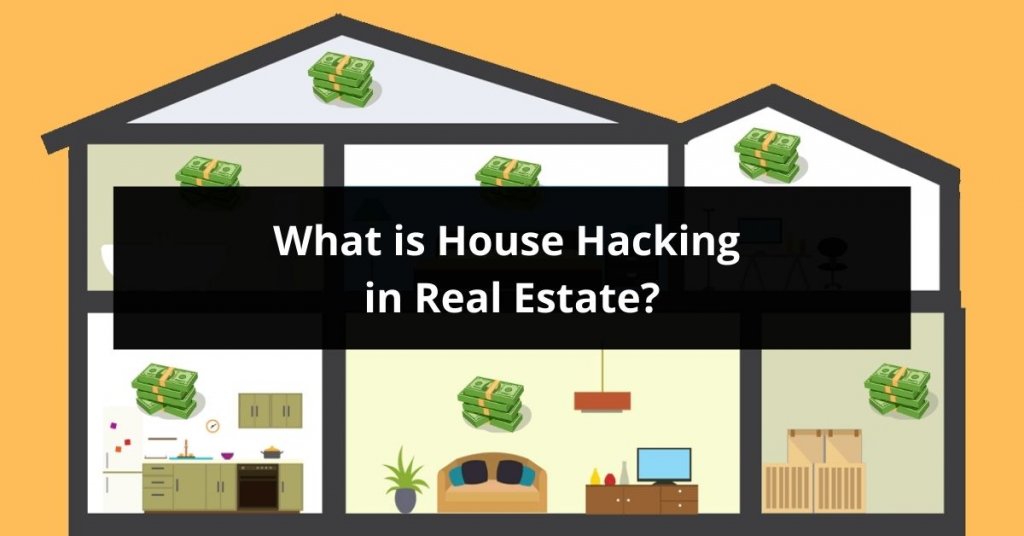If you’re a beginner investor and are looking to save money on your initial investment, house hacking may be the way to go. As you can guess by the name, it is a tactic that seems too good to be true—but it’s a genuine practice. Here’s how you can use house hacking strategies to kickstart your real estate investment career.
What is house hacking?
House hacking is a real estate investment strategy where the investor rents out a portion of their primary residence so that rental payments cover the costs of the mortgage and expenses.
In most cases, the investor purchases a multi-family property and lives in one unit while renting out the others. That is why it can be highly desirable for many because even though you share a property with others, you still have the privacy of an entire unit.
However, forward thinkers do not limit themselves to investing only in multi-family properties. You can purchase a single-family home, or even a condo, and rent out the rooms you are not using.
You might not be able to bring in as much per room as you would an entire unit, but the money you do bring in can cover a significant portion of your mortgage and fees, allowing you to free up cash for other investments. How much you can expect rental costs to cover is circumstantial, but they may cover the entirety of your expenses and may even become profitable.
Is house hacking legal?
You can run into legal problems with house hacking if you don’t do it correctly. Doing it incorrectly often refers to ignoring local zoning laws and trying to rent out spaces you are not legally able to.
An example of this is trying to rent out a garage as a room or living space. You may also run into the case that you try to convert a single-family home into a multi-family house where they are not permitted.
But, so long as you follow local zoning laws and the rental space is up to code, house hacking remains perfectly legal.
How to make house hacking work in your favor.
You can’t just expect to have a successful hacking experience by randomly purchasing a property. Analyzing the potential of a home is a crucial step to take before investing.
The first thing to consider is the area and the potential to attract a demographic that will likely rent out a room or a unit. As a rule of thumb, you’ll have better luck renting out rooms or units when the property is close to an area with a high population and in a good neighborhood.
Also, be considerate of your budget and the portion of the expenses you are responsible for. You want to make sure that the renting prices you ask for are low enough to attract tenants but not so low that you are paying most of the mortgage and other property fees.
Before deciding that you want to purchase a single-family home or multi-family home, you want to consider which will serve you better in the long run.
You will be living in the property for a while, but not forever. Will you be able to rent that space you were residing in out to someone else? Or would you have a better chance of renting the entire property out as a single unit?
Consider the likelihood of your investment becoming a financial burden when deciding to move out before purchasing it.
How long do you have to live in a house hack?
When analyzing a property, you need to consider how comfortable you will be when living there. After all, you are attaining a loan as an owner/occupant. That means the lender expects you to live there for some time. In most cases, you must live in a property you have a loan on for at least one year.
However, the lender may have more restrictive terms and conditions regarding your ability to move into another residence while still paying the loan.
Sometimes, that may mean you need to refinance when you decide to move. Therefore, you should always read over the loan contract thoroughly before signing.

